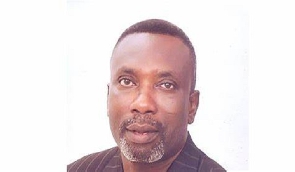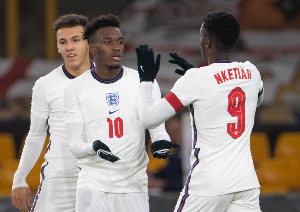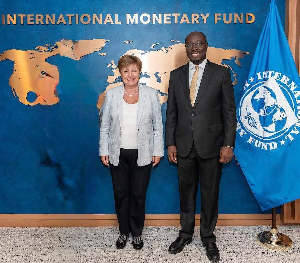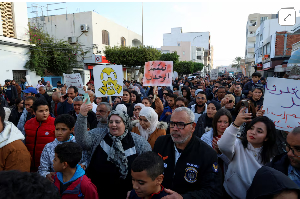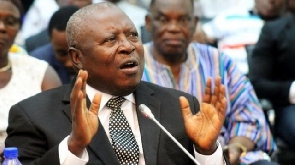Ghanaian highlife musician, Kwabena Kwakye Kabobo, widely known as KK Kabobo, recently shared his opinion that Nigerian musicians are not superior to their Ghanaian counterparts.
In an asaaseradio.com report, he expressed his belief in the talent within Ghana's music industry.
"We have talented musicians in Ghana. When we go to Nigeria, they often acknowledge our greatness as artistes. The difference is that Nigerians have sponsors, and if you have the talent but lack support, people tend to think others are better than you," Kabobo stated.
The renowned singer of the hit song "Onyame Ehu Wu" emphasized the significance of marketing and branding oneself effectively to gain trust and investment.
He further highlighted the advantage of Nigeria's larger population, particularly in places like Lagos, which surpasses Ghana's population.
Kabobo speculated on the potential Ghana could achieve with the population sizes of countries like Egypt, South Africa, or the USA.
The veteran artiste also criticized the Ghanaian music industry for prioritizing votes over talent and expressed his concern about awards being given based solely on popularity rather than considering the true talent of the artistes.
Such practices, according to Kabobo, can be discouraging and unjust, as deserving individuals may be overlooked due to the influence of votes.
“Another thing bringing our talents down is that we focus too much on votes instead of talent. Giving an award to someone who had more votes instead of looking at how talented he is is not right. It’s discouraging; someone may be talented, and because of votes, a well-deserved award will be given to someone else,” Kabobo added.
Regarding the state of highlife music, Kabobo acknowledged its continued existence but suggested that musicians need to adapt and modify the genre to meet the evolving preferences of the audience.
He recognized the desire of artistes to create their unique genres, which can pose challenges to the survival of highlife.
Kabobo emphasized the need for collective effort and hard work to ensure the longevity of highlife, even with the diverse range of rhythms present in Ghanaian music.
“People also want to come out with their own genre, which is hard to accept, so if we want highlife to survive, we need to work harder, although in Ghana we have different rhythms,” the music legend said.
ADA/OGB
Entertainment of Friday, 9 June 2023
Source: www.ghanaweb.com

